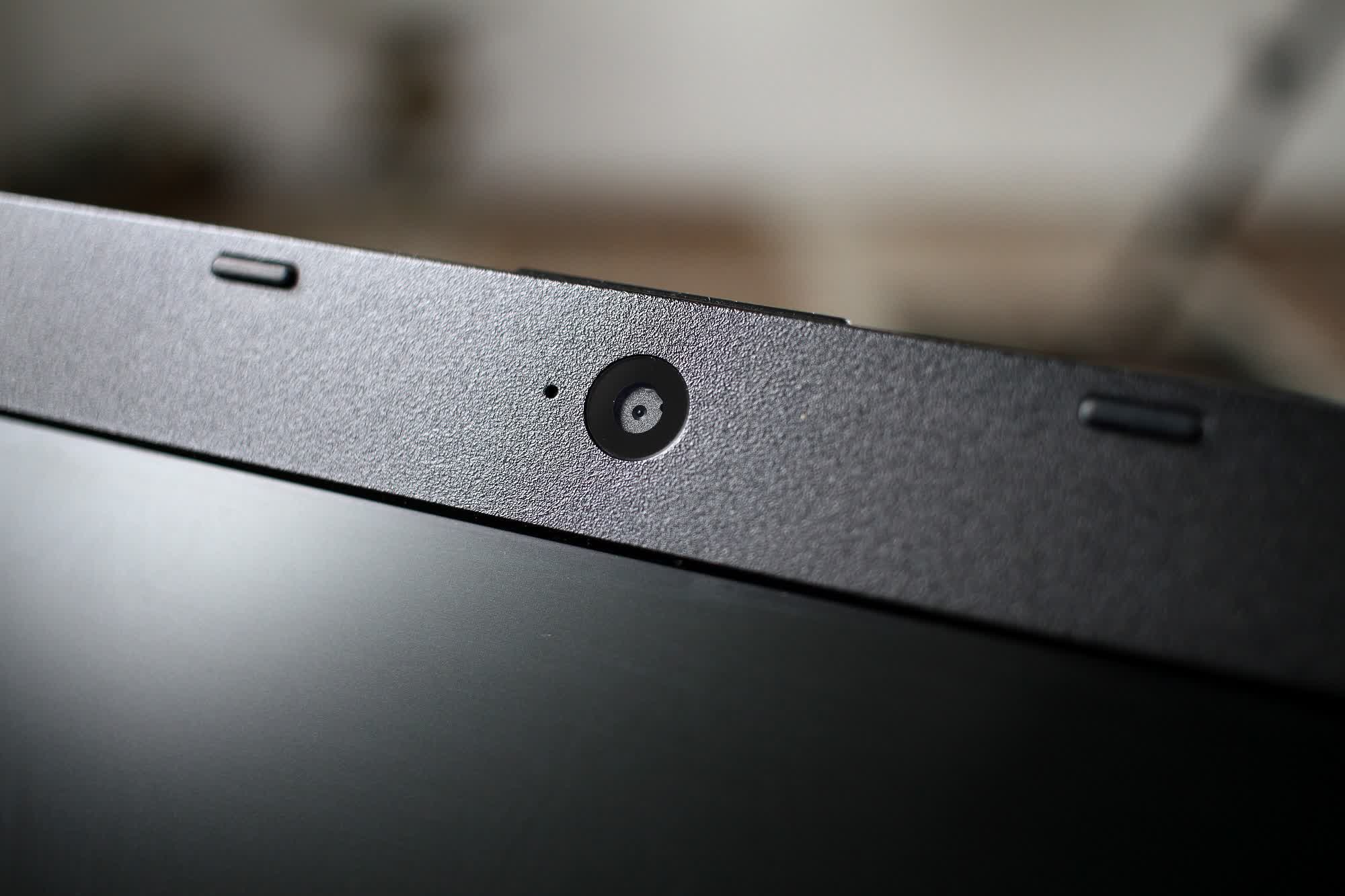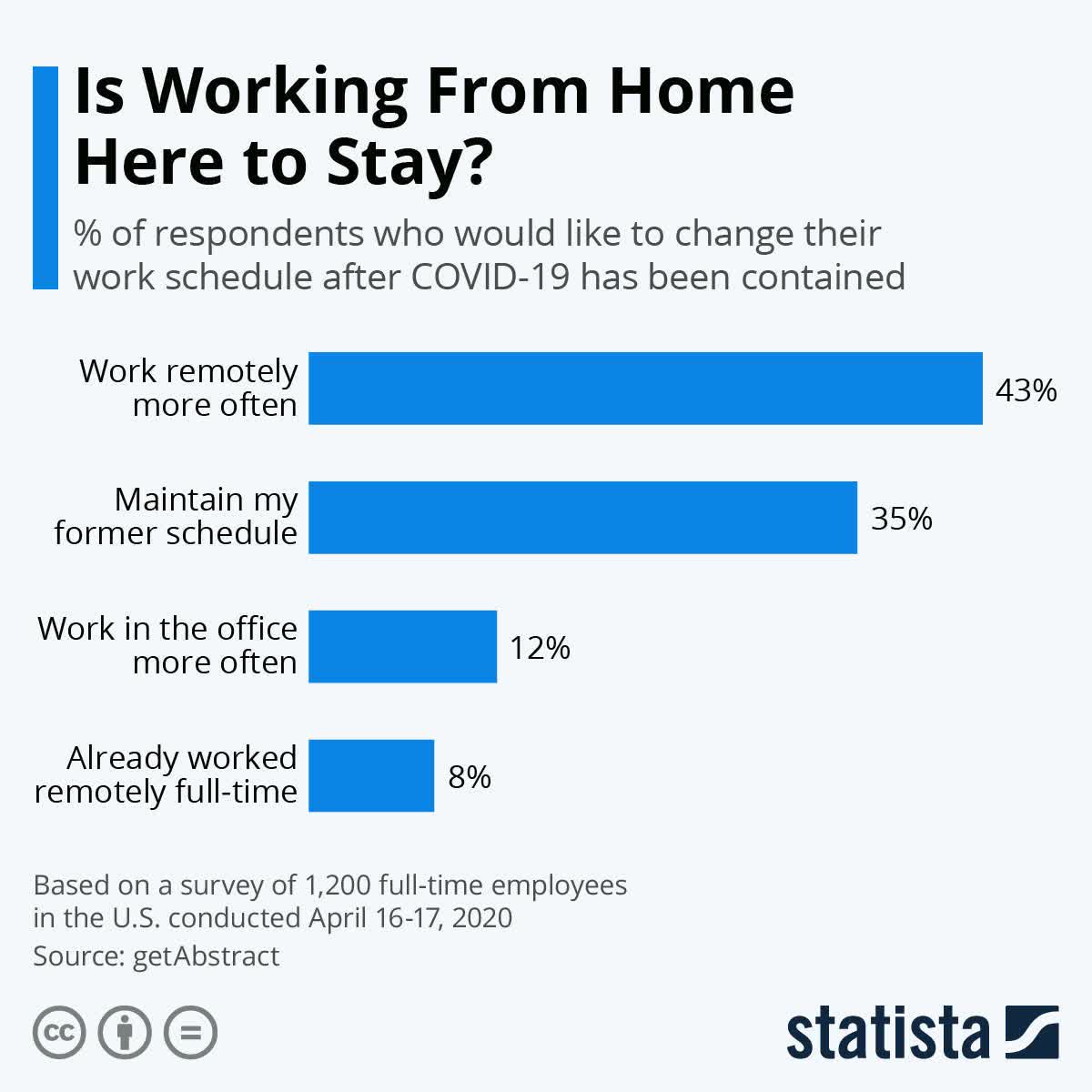WTF?! If you’re one of the millions of people who recently found themselves working from home, you might be tempted to take it easy now and again during office hours. If that's sounds familiar, be warned: according to a new report, one in five bosses are monitoring employees’ time-wasting antics without their knowledge.

In a report by Metro, unions warn that employers are taking advantage of Covid-19 restrictions to monitor remote workers covertly. One in five companies has admitted to snooping on staff or is planning to do so in the future.
“We know many employers are investing in tech to micro-manage workers and automate decisions about who to hire, and who to let go. Staff must be properly consulted on the use of surveillance at work and protected from unfair management by algorithm,” Frances O’Grady, general secretary of the Trades Union Congress, told the publication. “As we emerge from this crisis, technology must be used to make working lives better — not to rob people of their dignity.”
The surveillance methods include checking how long it takes employees to read and reply to messages. The most worrying claim is that some bosses are surreptitiously watching staff via their webcams. In addition to the obvious privacy concerns, workers could face unfair disciplinary action.
A YouGov/Skillcast poll of 2,009 companies revealed that 12 percent said they had brought in remote monitoring. In the case of larger firms, that figure jumps to 16 percent, with 8 percent considering the action.
According to TUC research, one in seven employees has seen surveillance increase since they started working from home.
In the UK, companies are allowed to monitor employees without their knowledge “if they suspect they are breaking the law.”
Many tech giants have benefitted from the surge in remote working, and we’ve already seen examples of them pushing the boundaries of privacy. Microsoft, for example, changed its Productivity Score tool following a backlash against the feature's invasiveness.
Image credit: R R
https://www.techspot.com/news/88332-one-five-companies-admit-spying-remote-workers-without.html
